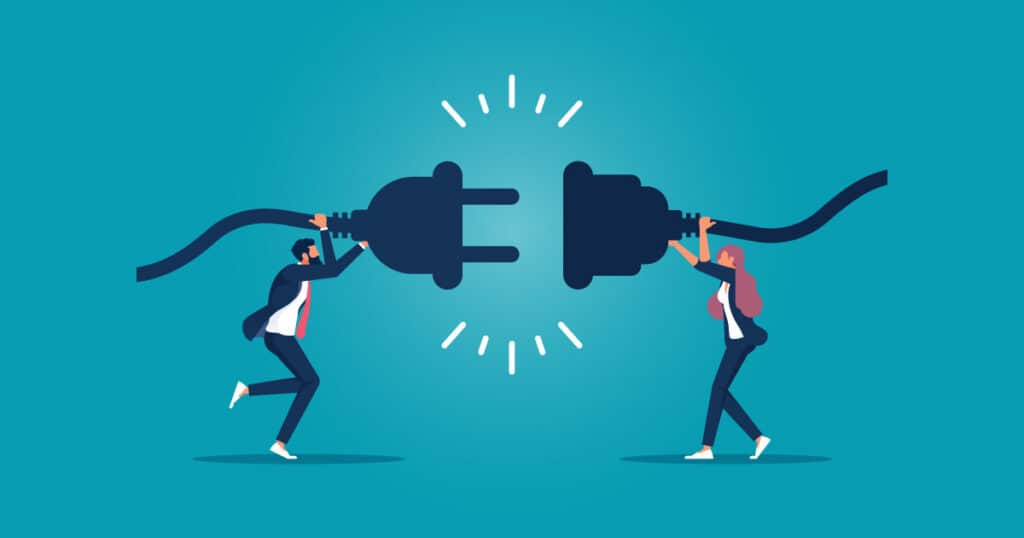Own Your Power at Work

Photo credit: iStockphoto.com (treety)
For Daniela Pierre-Bravo, MSNBC’s Morning Joe reporter, owning her power did not come early or easily in life.
Self-limiting beliefs, she says, held her back. And a big one was being a rule follower, which translated to learning how to “go under the radar” at school and work.
One reason for that was that she grew up as a Latina immigrant in a predominantly white community in Ohio. Success, she thought, looked like fitting in. Another reason she tended to go under the radar was because she was undocumented (something she tried to hide until 2012 when President Obama announced the DACA Act, Deferred Action for Childhood Arrivals, which granted legal status to young unauthorized immigrants brought to the U.S. as children.)
But like many women, especially women of color, Pierre-Bravo felt she had to prove herself constantly. “I was always overcompensating and trying to work harder than everybody else and put my head down and do the work,” she says.
“I was the ‘Yes Girl,’ the one who was always raising my hand. And that worked, as it does for many people entering the workplace. People want to keep people around who make their lives easier. But the problem was I never let go of that idea,” she says.
She is not alone in this. As co-author of Earn It! Know Your Value and Grow Your Career, in Your 20s and Beyond, and author of The Other: How to Own Your Power at Work as a Woman of Color, Pierre-Bravo, learned many women struggle with this.
“Many women begin their careers being girls that everybody loves and wants to keep around. But then, as you move along in your career, we know that as leaders, sometimes you have to say no, take up more space, and have more power at work. You need to come into your own and find your voice,” she says.
This is particularly true for women who experience microaggressions. “When we encounter moments of bias. We internalize them, let them sit in our subconscious, and let them define us. And that’s what happened to me many times when I sat at the table, and I wanted to raise my hand and had great ideas. But I reverted to the identity that I felt early on.”
Eventually, she learned that safety doesn’t come by making other people comfortable.
“We spend so much energy trying to diminish parts of our identity, but we’ll lose ourselves. Of course, we’re going to lose the ability to take up space and who we are because we have been taught that we are safe if we allow ourselves to be the people that other people want to see – if we allow the version of ourselves to come out that makes other people comfortable.
“And this doesn’t just have a consequence on our every day when deciding whether to raise our hand to expand on ideas. It has a consequence in the negotiating room. It has a consequence every time you ask for more.”
So, what helps?
“This is a big thing that I always go back to, and that has made a difference not just in my life but in the lives of so many women. And that is to understand that it’s not just you that has a seat at the table. It’s not just you that’s in the room. The fact is you’re bringing in so many different women along the way with you,” she said.
“So, I encourage you,” Pierre-Bravo advises, “if you have a seat at the table and feel like it’s icky to bring up an idea that might be against the grain or ask for more, think about all the people that you can bring into the room with you, and all the lives and you can change when you use your voice.”

Daniela Pierre-Bravo spoke at the 2023 California Conference for Women. This article is based on that talk.